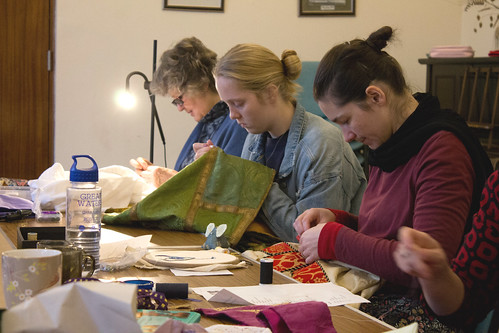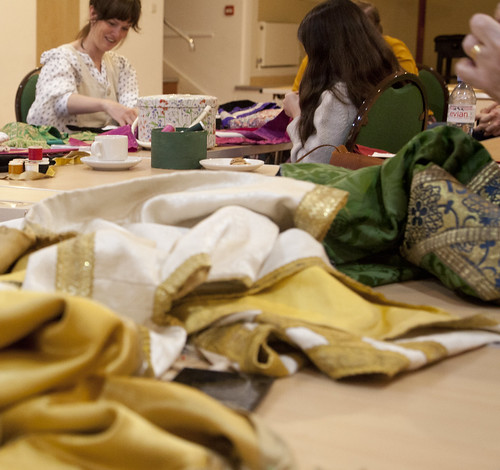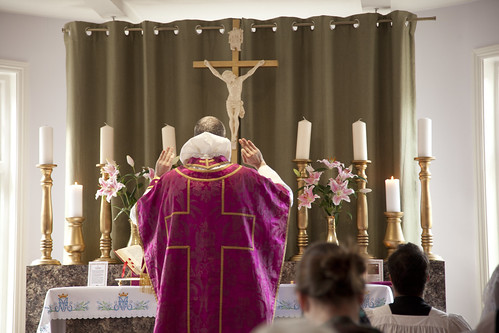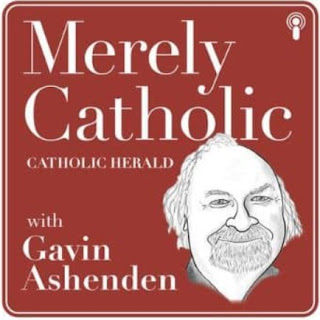Last week Christopher Lamb wrote a feature article in The Tablet -- in addition to his weekly column -- on the Rescript and the general question of Vatican policy towards the Traditional Mass. It contained many things I could have objected to, and overall Lamb seems lacking in seriousness. For example, in response to the careful argument made by JD Flynn -- and many other canonists -- based on the legal implications of the fact that the Responsa ad dubia from December 2021 was approved by Pope Francis in forma communi and not in forma specifica, Lamb tells us artlessly that Cardinal Roche informed him 'that the Pope approved it'. So that's settled, then.
However, I decided not to address these sorts of things and they have published (most of) a letter I sent them, which comments on the situation in a more general way. (Words cut in red.)
----------
Christopher Lamb’s article (Critical Mass, 4 March) reiterates the central mystery of the recent instructions from Rome on the Latin Mass: the idea that Catholics attached to it should be moved from parish churches to various obscure alternative places of worship, or perhaps to the chapels of the SSPX outside the structures of the Church, in order to prevent a ‘parallel Church’ developing.
I am a witness to the effect on Traditional Catholics, when restrictions were eased in 2007, of being moved into parish churches, after a long period in the wilderness. This led to their greater integration into the life of the parish and diocese, their greater sense of solidarity with the wider Church, and the undoing of the marginalisation which can breed isolation, bitterness, and radicalisation.
Reversing this process, after 13 years in which deep wounds had healed, is the high road to creating a ‘parallel Church’, where those who worship in Latin never meet their fellow Catholics and feel permanently—and, we must admit, justifiably—aggrieved by the actions of the hierarchical Church.
There are two important differences between today, and the previous time this happened, in the 1970s. One is the vastly increased numbers of Catholics who have, with the encouragement of Pope Benedict XVI, made the ancient Mass their spiritual home. The other is the much greater sympathy they receive from priests and bishops.
How this ends, I leave to readers to imagine.
------------
I'm always interested by what The Tablet letter editor cuts out from my letters. It seems he'd rather readers did not think about what happens next. I would suggest that, as they say in the army, time spent in reconnaissance is seldom wasted.





